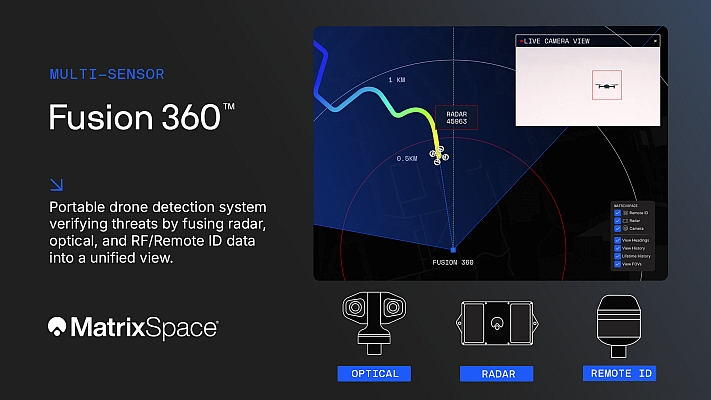 The Open Geospatial Consortium (OGC®) has issued a corrigendum to correct minor flaws in the OGC GeoPackage (GPKG) Encoding Standard. The flaws were identified after publication of Version 1.0 in early 2014. A key reference for Well Known Binary was changed from ISO 13249-3 (which requires a fee to access) to OGC 06-103r4 (which is available free of charge). All changes from 1.0.0 are marked in the document and detailed in the Revision History (Annex B.6).
The Open Geospatial Consortium (OGC®) has issued a corrigendum to correct minor flaws in the OGC GeoPackage (GPKG) Encoding Standard. The flaws were identified after publication of Version 1.0 in early 2014. A key reference for Well Known Binary was changed from ISO 13249-3 (which requires a fee to access) to OGC 06-103r4 (which is available free of charge). All changes from 1.0.0 are marked in the document and detailed in the Revision History (Annex B.6).
GeoPackage is an open, standards-based, platform-independent, portable, self-describing, compact format for transferring geospatial information. The GeoPackage standard describes a set of conventions for storing the following within an SQLite database:
•vector features
•tile matrix sets of imagery and raster maps at various scales
•schema
•metadata
•extensions
GeoPackages are interoperable across all enterprise and personal computing environments, and are particularly useful on mobile devices like cell phones and tablets in communications environments with limited connectivity and bandwidth.
GeoPackage was developed by OGC members with additional participation by interested developers using GitHub as a collaborative framework. The OGC GeoPackage Encoding Standard with corrigendum can be viewed at http://www.geopackage.org/. All OGC standards are free and publicly available.
At the upcoming OGC Testbed 11 Demonstration on 4 June 2015 at the OGC Technical Committee Meeting in Boulder, Colorado GeoPackage being used for cross-community sharing of geospatial data and services will be demonstrated. Among other innovations, Testbed 11 has advanced the state of the art in creating GeoPackages and using GeoPackages for transactional applications and geosynchronization in secure environments.
The OGC® is an international geospatial standards consortium of more than 500 companies, government agencies, research organizations, and universities participating in a consensus process to develop publicly available standards. OGC standards support interoperable solutions that “geo-enable” the Web, wireless and location-based services, and mainstream IT. Visit the OGC website at http://www.opengeospatial.org.







